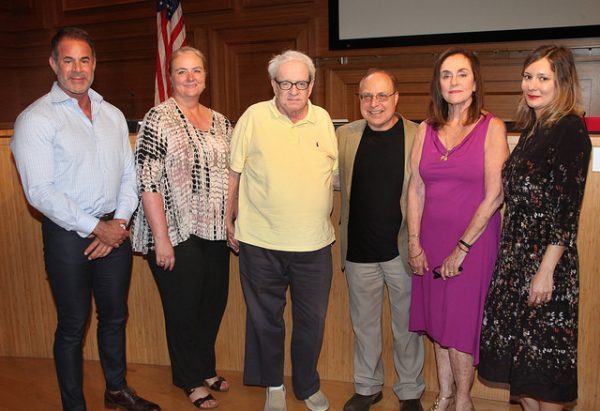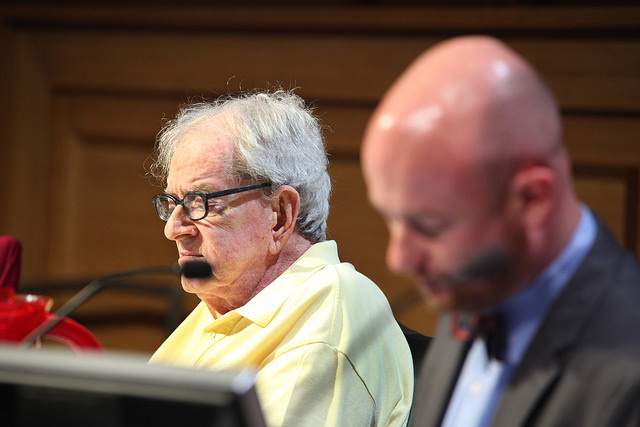Los Arboles Apartments - 17 Photos - Apartments - 201 4th St, Del Mar, Del Mar, CA - Phone Number
8 201 4th St Del Mar , CA 92014 (858) 481-9585 Been here for 5 months now. These are definitely old apartments; the floorplans aren't modern or laid out super efficiently. But if you want to live within line-of-sight to the ocean, this place is as affordable as it gets. The manager is hands-down one of the nicest dudes I've met and has been extremely accommodating to us. Although the property is old, it's clean and decently kept up. The pool and hot tub are nice. We're on the 2nd floor in a corner unit and it's been very quiet for us. We haven't had any issues with bugs or vermin of any sort; in fact, we keep our porch door wide open all day long so our kitties can get some fresh air. This results in maybe 1 fly per day inside. There are surfer trails very nearby that lead down the cliffs for beach access. Bottom line, if you're looking for luxury, don't live here. It's too old to ever be luxurious. But if you're looking for line-of-sight to t...




Comments
Post a Comment